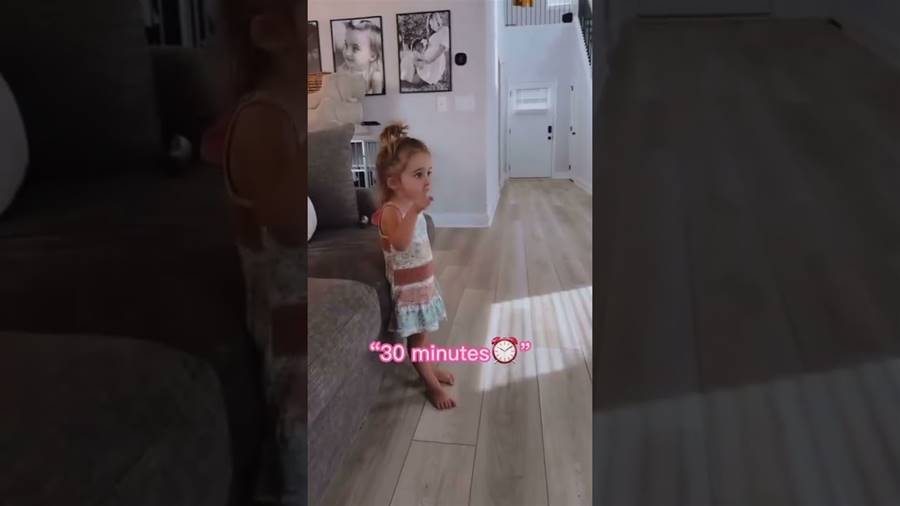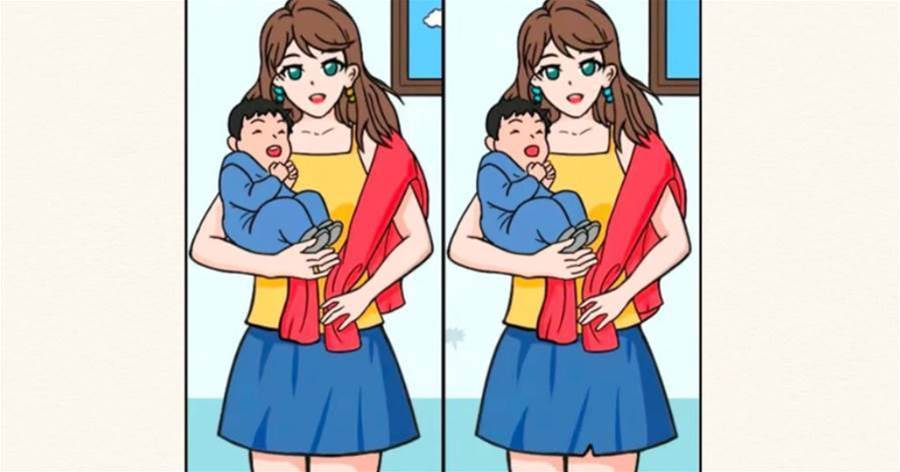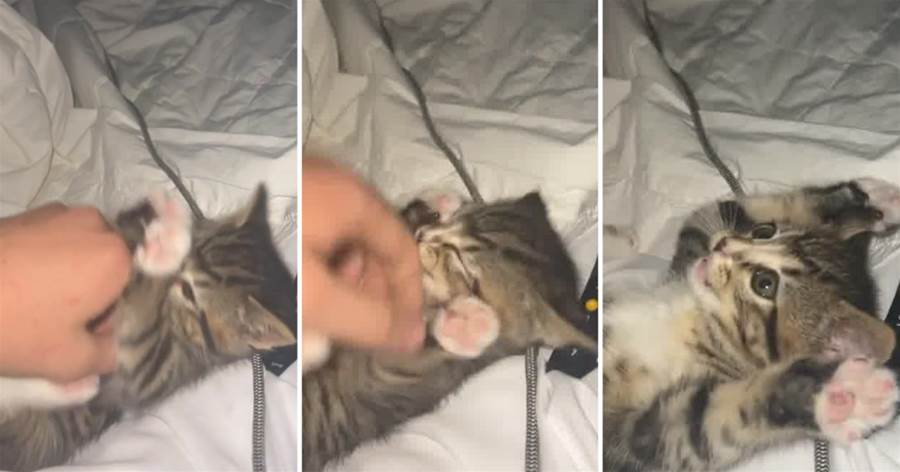
It may come as a surprise to many parents, but toddlers can have what some may refer to as "boyfriends" or "girlfriends" at a very young age. This phenomenon has become more common in recent years, causing concern and curiosity among parents and experts alike.
In an age where social interactions and relationships are increasingly digital, it seems that these virtual connections have found their way into the lives of even the youngest children.
Toddlers, who are typically around two to three years old, are now engaging in relationships with their peers that mimic adult romantic connections, at least in some ways.
The concept of toddlers having boyfriends or girlfriends mainly revolves around innocent playdates and interactions. In most cases, these relationships are formed within the confines of daycare centers, preschools, or playgroups, where children spend a significant amount of time together.
They may be seen holding hands, hugging, or even exchanging small gifts, much like a romantic couple.
Parents often find themselves baffled and unsure of how to react when their child mentions having a boyfriend or girlfriend. It is crucial for parents to remember that these early relationships are developmentally appropriate and harmless. Toddlers are not capable of understanding the complex emotions and commitment that come with adult relationships.
Their interactions with their peers are primarily driven by curiosity, exploration, and a desire for companionship.
Experts suggest that these early relationships play a vital role in a child's social and emotional development. Through these interactions, toddlers learn important life skills such as sharing, empathy, and communication. They also start to understand the concept of boundaries and personal space.
However, it is essential for parents to monitor these relationships and ensure they remain age-appropriate.
While occasional hand-holding or hugging may seem innocent enough, it is crucial to intervene if behaviors become possessive or aggressive. Teaching children about consent and respecting others' personal space should be an ongoing conversation.
Parents should also remember that these relationships are incredibly transient at this stage. Toddlers have short attention spans and may quickly move on to another playmate without any attachment to their previous "boyfriend" or "girlfriend.
" It is important for parents not to make a big deal out of these relationships and avoid putting pressure on their children to maintain them.
In a world where relationships are becoming increasingly complex and influenced by technology, it is important to recognize the innocence behind toddlers having "boyfriends" or "girlfriends." These relationships are an integral part of their social development, teaching them essential skills while allowing them to explore and interact with their peers.
As parents, our role is to provide guidance, monitor interactions, and foster a healthy understanding of relationships as children navigate this early stage of life.



















